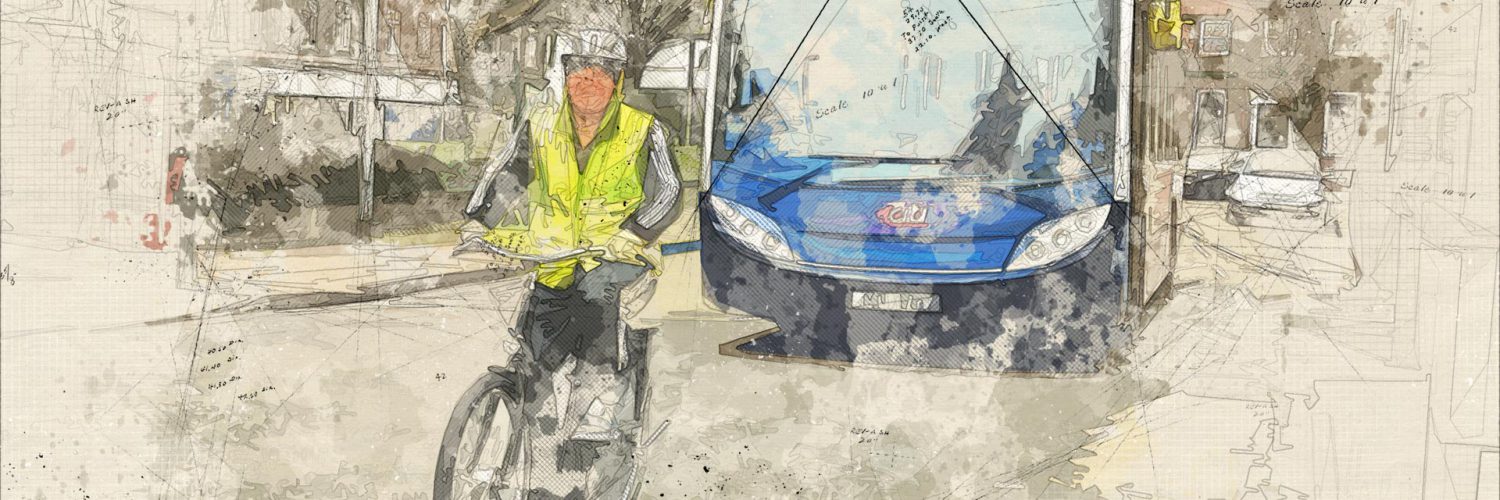As long ago as 1924 it was realised that building new roads attracts additional traffic. In 1994 the Government Standing Advisory Committee on Trunk Road Assessment confirmed this in a landmark report, which led to the abandonment of many road schemes. Just as that lesson seems to have been forgotten, reports have been published this month by both the Campaign for the Protection of Rural England and the National Audit Office. These again question the environmental and economic value of many proposed road schemes.
From 2020 all Vehicle Excise Duty (currently £5.9bn) will go to Highways England, 50% more than it receives now. Highways England is planning to invest that money on building new roads and widening existing ones. The cost of doing this is huge: over £1.5 billion for the A14 upgrade between Cambridge and Huntingdon. Then there’s the environmental cost on top of that.
Are there better ways Highways England could spend that money to reduce congestion on the Strategic Road Network?
Trips of under 10 miles make up 80% of all motor traffic and 25% of traffic on strategic roads. So, if Highways England were to give money to local authorities to support public transport and improve links for cycling and walking, it could significantly reduce the number of cars using its roads.
Only some 20% of traffic on the A14 is HGVs, so the target for reducing congestion must be with providing a suitable alternative to those driving private cars.
Perhaps too, Highways England should lead the way with road pricing. The Department for Transport is considering this for HGVs, but logically, all road users should make a fairer contribution towards the costs they impose on others in terms of congestion, pollution (including carbon emissions), collisions, noise, etc.
More and more cities are now managing private car traffic in a way that makes public transport more efficient, gives walkers and cyclists a pleasant experience, yet still allows essential motor traffic to travel freely. Let us not forget that for nearly one hundred years it has been clear that building more road capacity is futile.
This article was first published in the Cambridge Independent on 29 March 2017.



Add comment